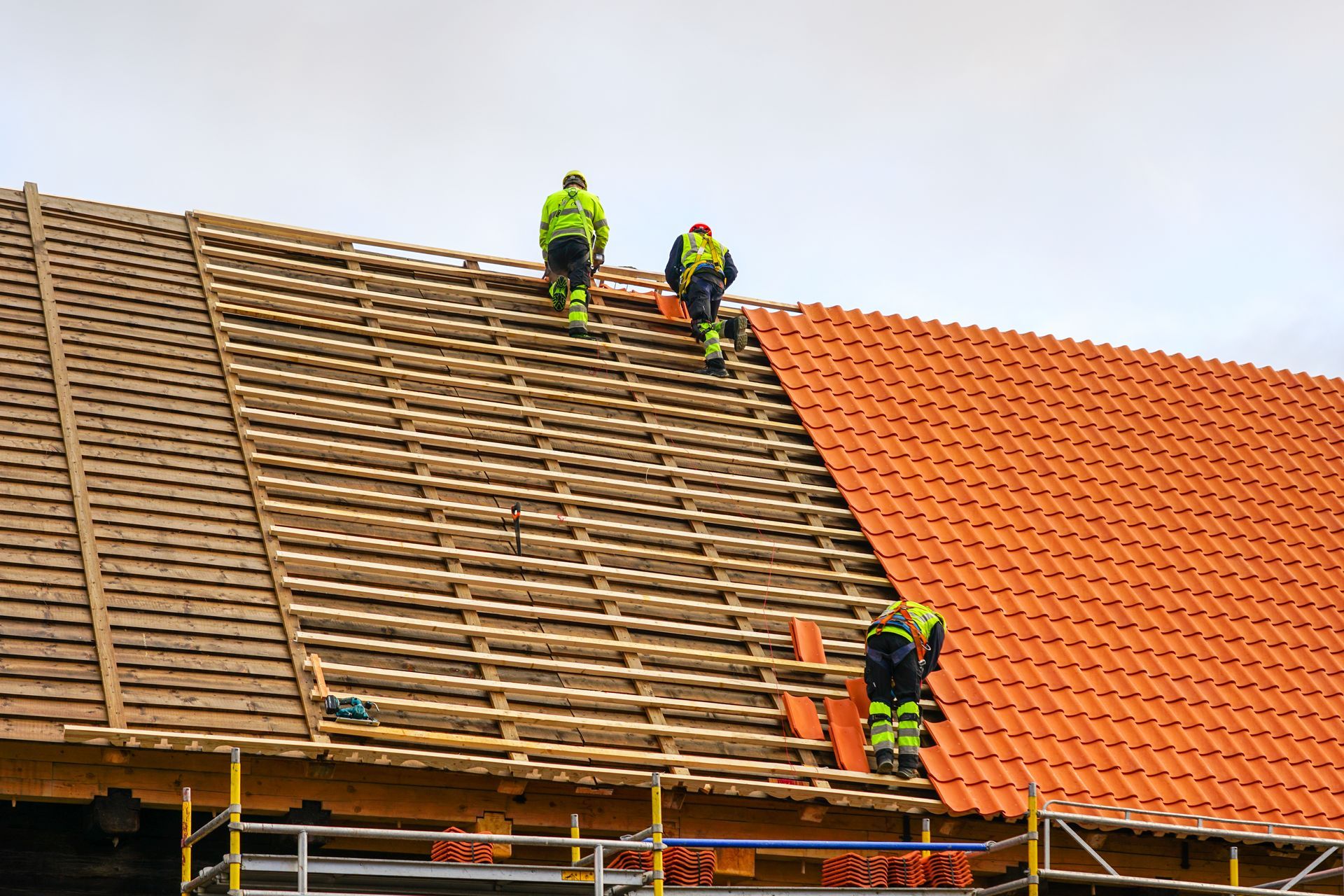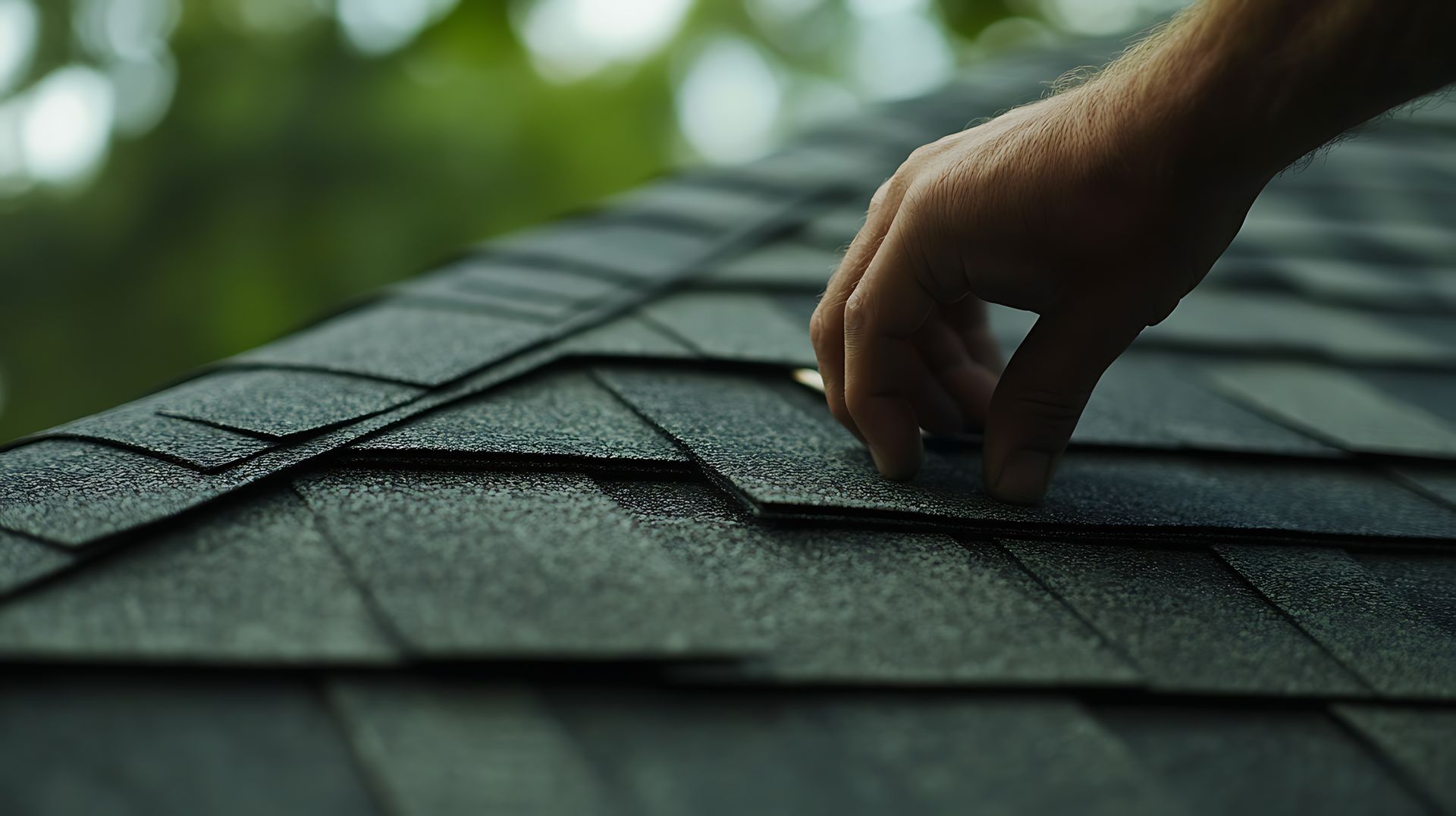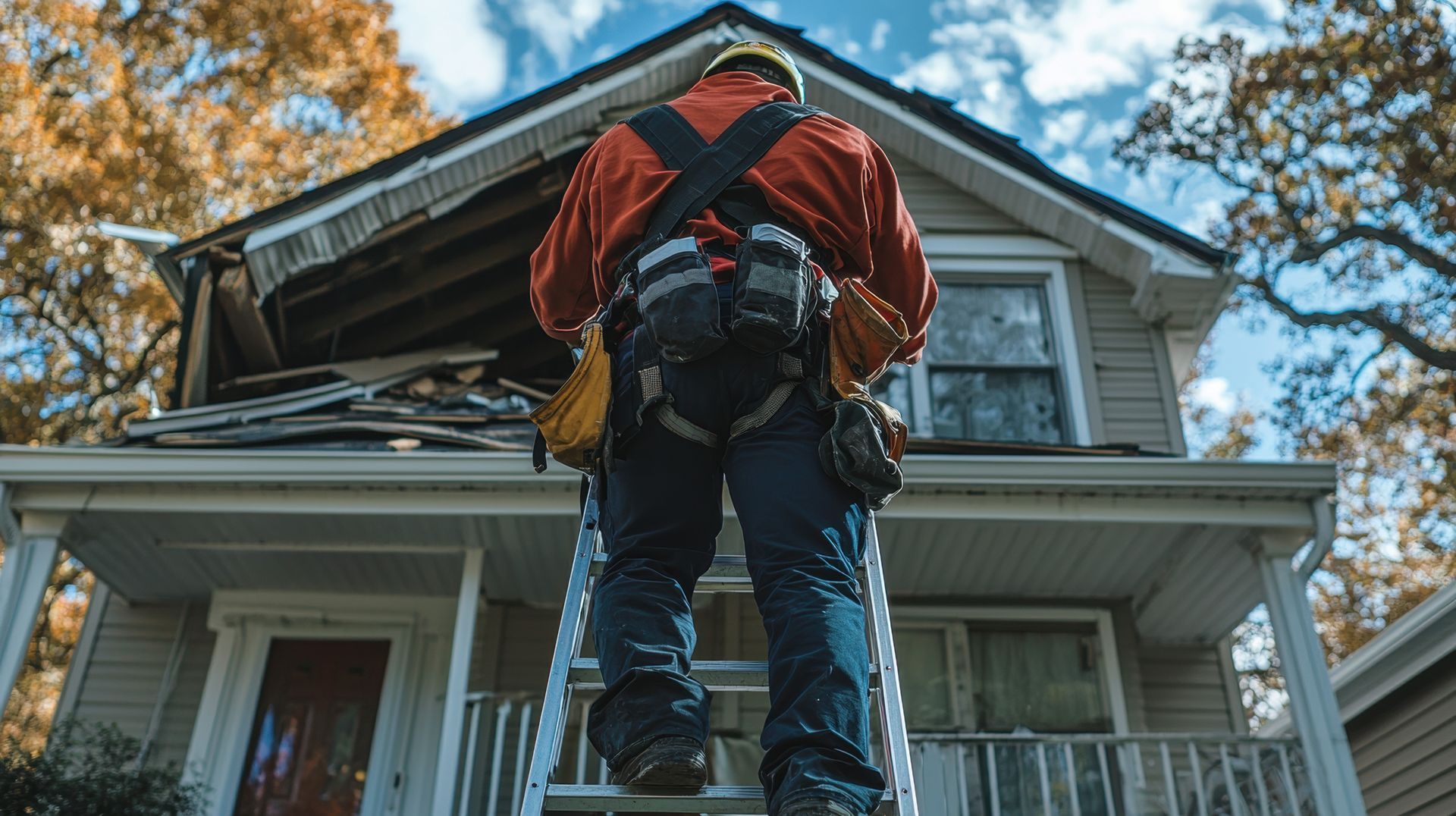Debunking Common Myths About Metal Roofing
Debunking Common Myths About Metal Roofing
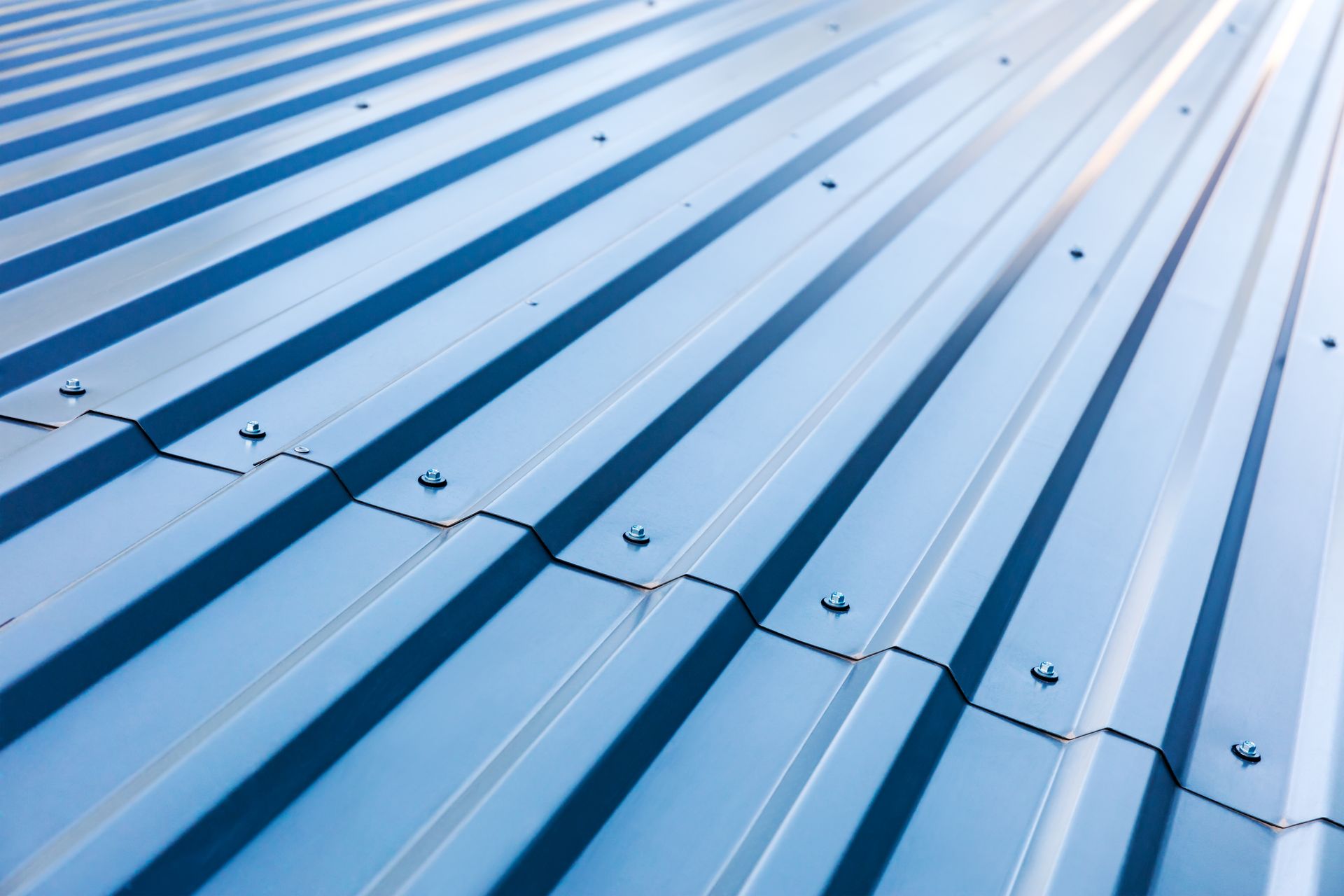
When considering roofing options, homeowners often encounter various misconceptions about metal roofing. An Erie metal roofing contractor can help clarify these myths, guiding homeowners toward informed decisions. While metal roofs are becoming increasingly popular due to their durability and energy efficiency, several myths continue to persist. Understanding the truth behind these misconceptions can alleviate concerns and help homeowners appreciate the benefits of choosing metal roofing. This post will debunk common myths surrounding metal roofs to provide a clearer picture of this long-lasting roofing material.
Myth 1: Metal Roofs Attract Lightning
It is commonly believed, but not proven, that metal roofs may really cause lightning strikes. This misconception stems from the idea that metal, being a conductor of electricity, would inherently attract lightning strikes. However, this is far from the truth.
- Metal Does Not Attract Lightning: Lightning seeks the path of least resistance to the ground, which can be trees, buildings, or other structures. There is no correlation between having a metal roof and an increased risk of lightning strikes. In fact, any building can be struck by lightning, regardless of its roofing material.
- Non-Combustible Material: Metal roofs are non-combustible, meaning they will not catch fire or contribute to a fire's intensity during storms. This characteristic makes them a safer option in areas prone to lightning storms.
- Safety Benefits: In fact, metal roofs are considered one of the safest roofing options during storms. They are engineered to withstand severe weather, reducing the risk of damage. Additionally, a well-installed metal roof can help minimize damage to the structure itself, preventing leaks and ensuring that water does not seep into the building during heavy rain.
Myth 2: Metal Roofs Are Noisy
The idea that metal roofing makes an inordinate amount of noise, particularly in wet or haily weather, is another prevalent misconception. Many people envision the sound of raindrops hitting metal as being loud and disruptive. Nevertheless, debunking this fallacy is a breeze.
- Proper Insulation: Modern metal roofs are installed with appropriate insulation and underlayment, which significantly reduces noise levels. This means that, with proper installation, metal roofs can be as quiet, if not quieter, than traditional roofing materials like asphalt shingles.
- Sound-Dampening Materials: Many metal roofing systems incorporate sound-dampening materials that further mitigate noise, providing a peaceful environment inside the home. These materials absorb sound waves, preventing them from reverberating through the structure.
- Installation Quality: The expertise of the roofing contractor plays a crucial role in noise levels. A well-installed metal roof with proper insulation will minimize any potential noise concerns. Homeowners are encouraged to hire experienced professionals who can ensure that their metal roof is installed correctly.
Myth 3: Metal Roofs Rust Easily
Concerns about rust are another reason some homeowners shy away from metal roofing. The idea that metal roofs are susceptible to rust can deter potential buyers, but modern advancements in metal roofing technology have changed this narrative.
- Advanced Coatings: Today's metal roofs are treated with protective coatings that prevent rust and corrosion. These coatings are specifically designed to withstand moisture and varying weather conditions, ensuring that the roof remains intact and functional for years to come.
- Durability in Wet Climates: High-quality metal roofing systems are engineered to resist rust, even in areas with high humidity or frequent rainfall. Homeowners can have peace of mind knowing their metal roof can endure wet climates without succumbing to rust.
- Longevity of Materials: Many metal roofing materials, such as galvanized steel and aluminum, are specifically formulated for long-lasting durability and rust resistance. These materials undergo rigorous testing to ensure they meet industry standards and provide reliable protection.
- Maintenance: Although modern metal roofs are resistant to rust, regular maintenance is still essential. Homeowners should periodically inspect their roofs for debris or standing water, which can lead to rust if not addressed.
Myth 4: Metal Roofing Is Too Expensive
Many homeowners perceive metal roofing as an expensive option, often comparing the initial costs with more affordable materials like asphalt shingles. However, a deeper analysis reveals a different perspective. Learn how metal roofs deal with fire when you read “Boost Fire Resistance With Metal Roof Expert Tips.”
- Higher Upfront Costs: While it’s true that the initial investment for a metal roof is higher than some traditional materials, it’s essential to consider the long-term benefits. The initial cost can vary significantly depending on the type of metal used, the complexity of the installation, and other factors.
- Longevity and Value: Metal roofs can last 40 to 70 years, significantly longer than asphalt shingles, which typically last 20 to 30 years. The extended lifespan of metal roofing can provide substantial savings over time as homeowners won't have to replace their roofs as frequently.
- Energy Savings: Metal roofs reflect solar heat, reducing energy costs during hot months. This energy efficiency can lead to lower utility bills, further offsetting the initial cost. Many homeowners notice a significant reduction in cooling costs, especially in warmer climates.
- Reduced Maintenance: Metal roofs require minimal maintenance compared to other materials, saving homeowners on potential repair costs. Unlike traditional roofs that may need repairs or replacement after severe weather, metal roofs are built to withstand harsh conditions.
Myth 5: Metal Roofs Dent Easily
Concerns about the durability of metal roofing often lead to the myth that they dent easily. Homeowners fear that hail, falling debris, or even foot traffic can cause irreversible damage. However, the truth is quite different.
- High-Quality Materials: Many metal roofing products are designed with high-quality materials that can withstand various impacts. Premium options often include reinforced designs that enhance their resistance to dents.
- Hail and Debris Resistance: Metal roofs are tested for hail impact resistance, and many perform well against hail damage, often holding up better than asphalt shingles or other materials. Homeowners can feel confident knowing that their metal roof can handle extreme weather conditions.
- Foot Traffic Durability: Professional roofing contractors are trained to install metal roofs in ways that allow for safe foot traffic during maintenance or installation. High-quality installations will also ensure the roofing material can handle regular access without denting.
- Warranties and Assurance: Most reputable metal roofing manufacturers offer warranties that cover dents and other damages, providing additional peace of mind for homeowners.
Conclusion
Understanding the truth about metal roofing can help homeowners appreciate its numerous benefits. By debunking common myths, it becomes clear that metal roofs are a safe, durable, and cost-effective option. The investment in an Erie metal roofing system can lead to long-term savings, energy efficiency, and peace of mind.
Are you considering upgrading to a metal roof? Look no further than
Erie Roofing for expert guidance and installation services. Our team of experienced professionals is ready to help you navigate your roofing options and ensure your home is protected for years to come.
Contact us today
to get started on your journey toward a durable, stylish, and energy-efficient metal roofing solution!
